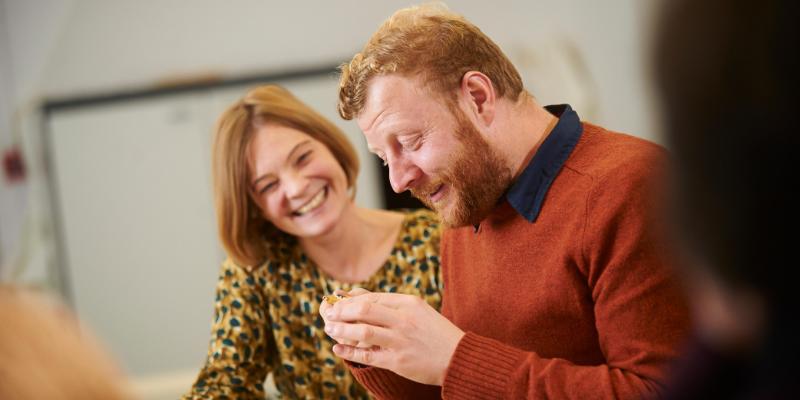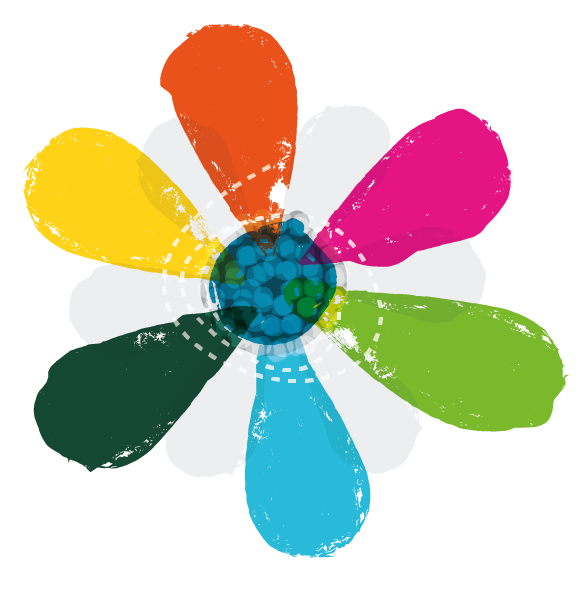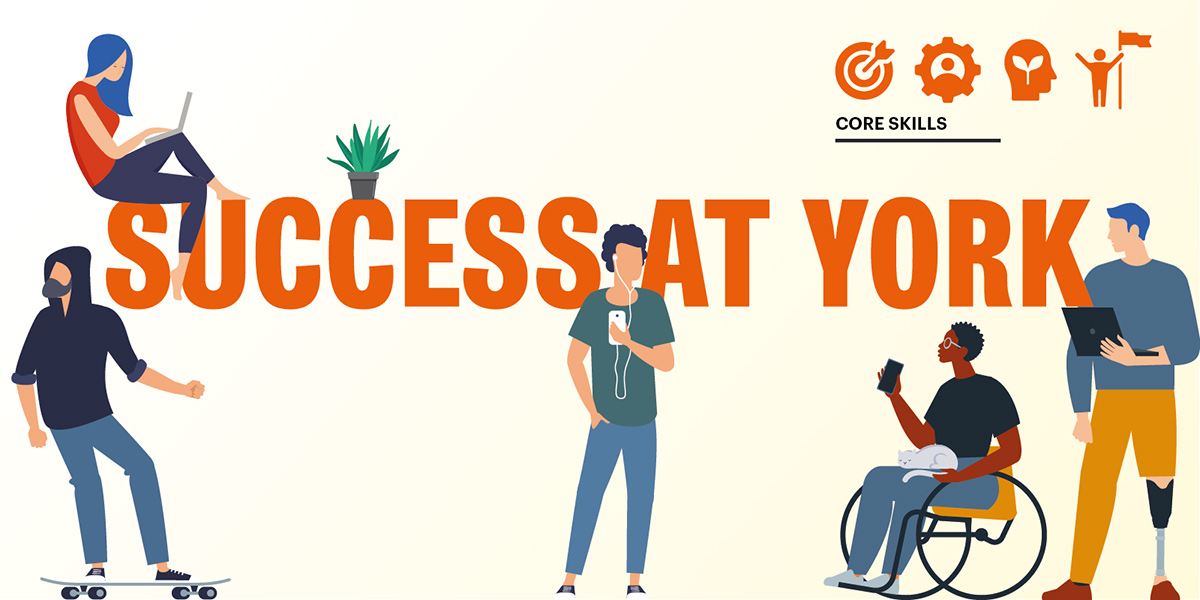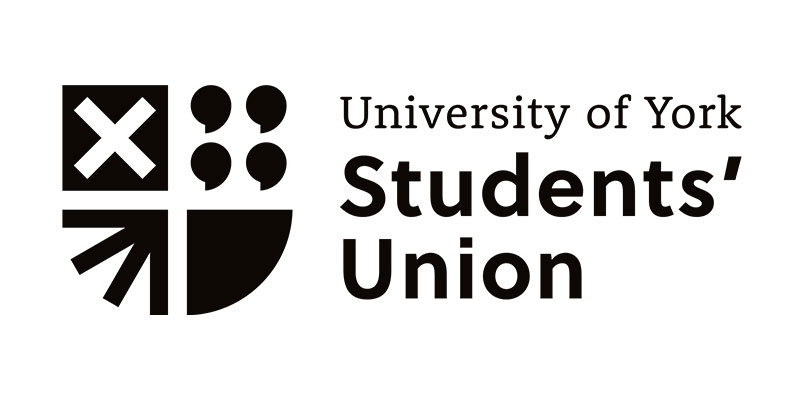
Support and wellbeing
Support, advice and wellbeing

Your wellbeing
Our health and wellbeing information includes an Advice A-Z on issues many students experience.
There are various ways we can help and support you, including providing 24/7 support through the TalkCampus app.
We also provide advice if you are feeling in crisis now.
We recommend The Wellbeing Thesis for advice specific to the postgraduate researcher journey.
Success at York Toolkit
Are you looking for motivation? Feeling stressed? Dealing with a setback? Not sure how to think about your future? Use our Success at York Toolkit to develop skills and motivation to ensure you get the most out of your time at York.

Assistance funding
If you find yourself in financial difficulties, take a look at our general assistance funding for students.
Cost of living support
We're very concerned about the impact of money worries on postgraduate researchers. Support can be found on our cost of living hub.
Your Students' Union
The University of York Students' Union provides independent and confidential advice and guidance to students on academic issues, University policies and procedures, and personal and wellbeing issues.

